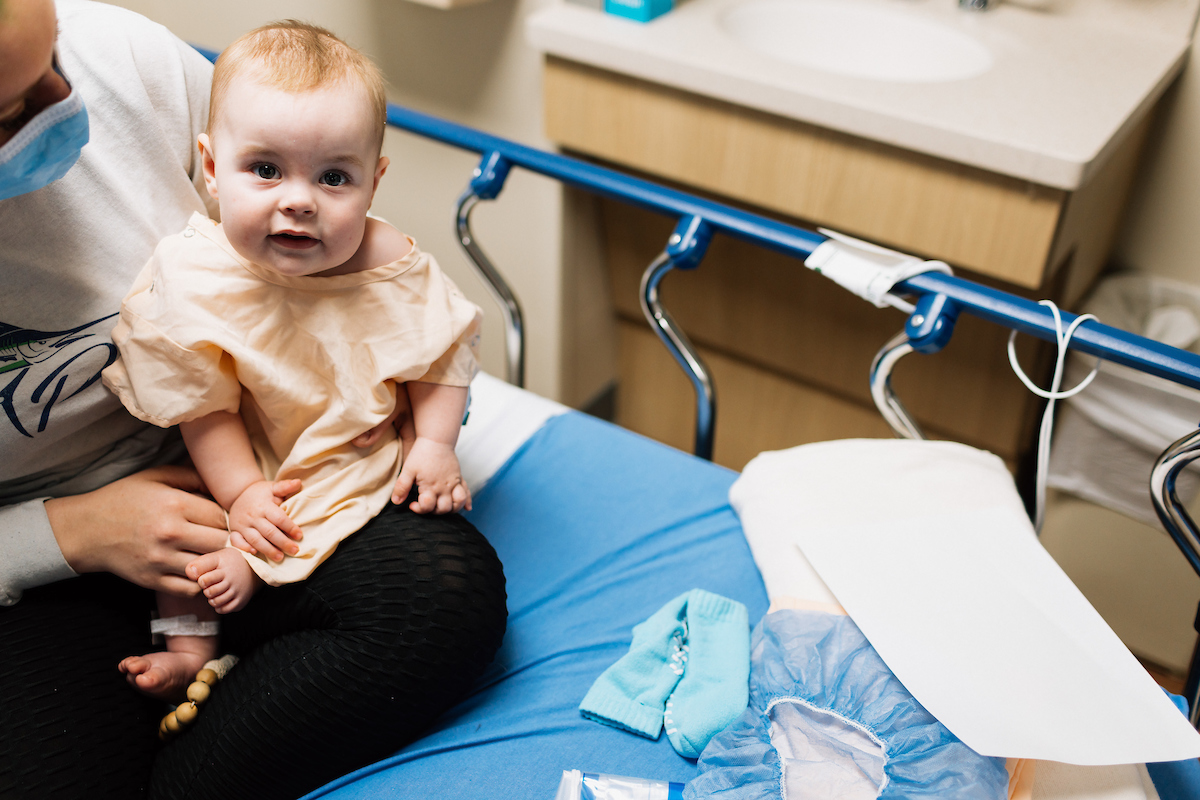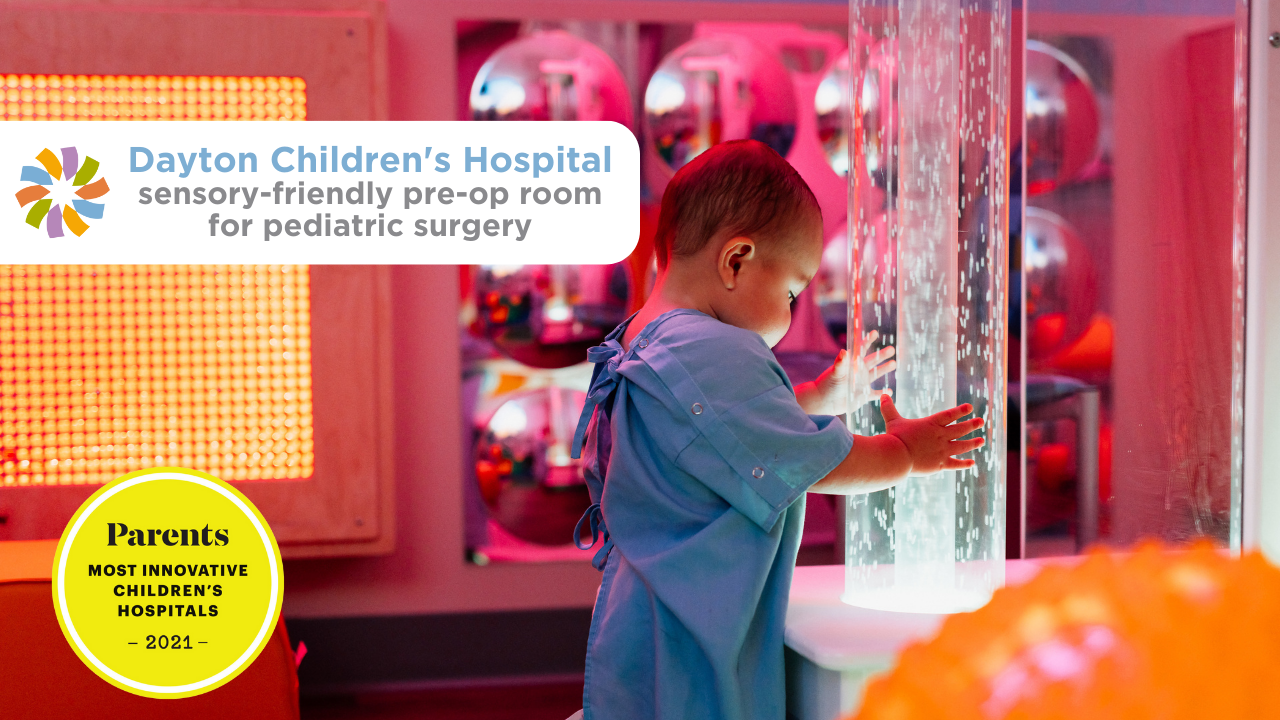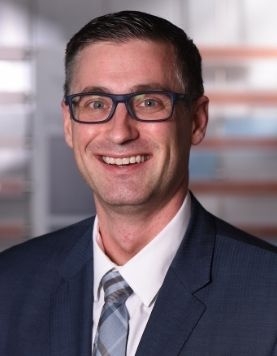10/5/20 blog post
the pediatric difference in anesthesiology
Dayton Children’s is uniquely prepared to care for your child before, during and after surgery
Kids are not “little adults” and deserve care designed for them. When your child has surgery at Dayton Children’s, they’re being treated by a team of healthcare professionals that are specifically trained to care for children. This is especially important when your child requires anesthesia for their surgery or procedure. All of the anesthesiologists at Dayton Children’s are pediatric board certified and only take care of children. Pediatric anesthesiologist Sean Antosh, MD, explains why this is important and why Dayton Children’s is uniquely prepared to care for your child before, during and after surgery.
Why is it important for kids undergoing surgery to be treated by a pediatric anesthesiologist?
Children have very different physiology as they grew from infants to adults. Therefore, they need an anesthesiologist who is trained in their special needs and how their bodies react differently to medications typically used during surgery.
What are potential risks associated with using an anesthesiologist that does not typically treat kids?
While most anesthesiologists are capable of taking care of all patients, pediatric anesthesiologists are acutely aware of the common heart and breathing issues that may arise during surgery. We are able to accurately diagnosis and treat these issues before they become an emergency.
What education and training are required to be a pediatric anesthesiologist?
Board certified pediatric anesthesiologists have been through four years of undergraduate education, four years of medical school, four years of general anesthesiology and critical care training, and an additional one to two years of pediatric anesthesiology fellowship. After all of this training, they then complete board certification for general anesthesiology, as well as an additional certification for pediatrics.
What does Dayton Children’s do to make kids that have to undergo anesthesia more comfortable?
As pediatric anesthesiologists, we interact with the patients and their parents to find out what the child likes and dislikes to help avoid anxiety. Sometimes we play games, use distraction devices (such as an iPad) or use remote controlled airplanes to take them to the operating room. Occasionally, we will have to give a drinkable medication to help them relax during the process.
For our autism spectrum and special needs patients, we have one of a kind sensory rooms that patients can relax in prior to surgery. We also have a pediatric acute pain service, which provides nerve blocks for common orthopedic and general pediatric surgeries to help decrease discomfort and need for pain medications postoperatively.




